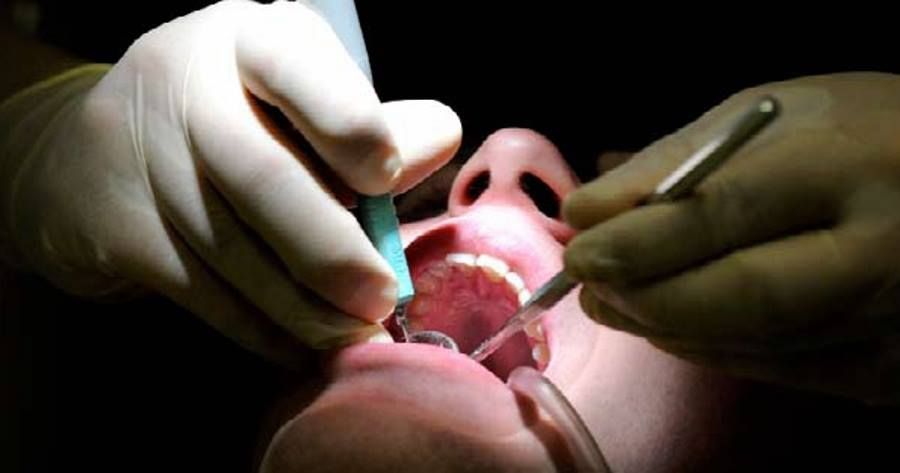The would-be Alzheimer’s drug will regenerate our teeth?
A drug with which hopes were pinned on an effective treatment for Alzheimer’s disease has been shown to help… teeth. It perfectly stimulates the activity of dental pulp stem cells. This could mean a revolution in dental treatment.
A visit to the dentist is not a pleasant experience. Many are even panicky about visiting the dentist. The condition gets even worse when we hear about root canal treatment. But that could change with the formulation Tideglusib, whichóry was originally intended to be helpful in the treatment of Alzheimer’s disease.
Tideglusib is an inhibitor of the enzyme GSK-3 (the so-called. Glycogen synthase kinase 3). It improves the tooth’s natural ability to heal itself. It works by activating the comóthe dental pulp’s stem cells, which prompts the damaged area to regenerate dentin. Behind the research is a team ofół scientistóin King's College London.
– The simplicity of our technique makes the product ideal as a clinical dental product for treating large cavitiesów, providing zarówno protection of the dental pulp, as well as dentin regeneration – explained Professor Paul Sharpe of the London-based university’s. – In addition, the use of the drug, whichóry has already been tested in clinical trials for the treatment of Alzheimer’s disease gives hope that the therapy will soon appear in dental offices – added.
Any cavity in a tooth can lead to unpleasant infections. Dental pulp has a natural ability to regenerate and produces a thin layer that protects the tooth from the oral environment. However, this only works for small cavitiesów. Large ones are patched with seals, whichóre, on the one hand, protect the defect, but on the other hand, block the natural mechanisms of restoration of the.
London scientists have tested the technique on mice. They implemented Tideglusib into the cavity on biodegradable collagen sponges. Over time, the sponges disappeared and new dentin appeared in their place.
